Bangladesh’s interim Chief Adviser Muhammad Yunus has once again triggered outrage after sharing images of his meeting with a top Pakistani general, where he was seen gifting a book featuring a distorted map of Bangladesh.
In a major controversy, the map showed India’s seven northeastern states as part of Bangladesh — echoing the dangerous rhetoric of radical Islamist groups pushing for a so-called “Greater Bangladesh.”
The post has alarmed diplomatic and strategic circles in New Delhi, drawing strong reactions from policy experts and intellectuals alike.
India and Bangladesh spent decades painstakingly resolving border disputes through mutual trust and negotiation — culminating in the 2015 Land Boundary Agreement (LBA), which ended decades-old enclave issues and restored normalcy along one of the world’s most complex borders.
Chairman, Joint Chiefs of Staff Committee of Pakistan Calls on Chief Adviser
— Chief Adviser of the Government of Bangladesh (@ChiefAdviserGoB) October 26, 2025
DHAKA, October 26: The visiting Chairman of Pakistan’s Joint Chiefs of Staff Committee (CJCSC), General Sahir Shamshad Mirza, paid a courtesy call on Chief Adviser Professor Muhammad Yunus at the State… pic.twitter.com/A9QmFMHk4F
Yunus, who has failed to bring political or economic stability to Bangladesh following the ouster of Sheikh Hasina, now risks undoing years of progress and reopening wounds that both nations worked hard to heal.
Impact Shorts
More ShortsYunus meets Pakistani general with controversial map
Over the weekend, Yunus met Pakistan’s Joint Chiefs of Staff Committee chairperson, General Sahir Shamshad Mirza, in Dhaka. During the meeting, he was photographed presenting Mirza with his book Art of Triumph — its cover depicting a distorted map that portrayed Assam and other northeastern states as part of Bangladesh.
The meeting, viewed as part of Dhaka’s growing outreach to Islamabad, has sparked fresh diplomatic unease. It comes at a time when Yunus’s administration has increasingly tilted towards China and Pakistan, straining ties with India.
Yunus’ past provocative remarks on India’s northeast
This is not the first time Yunus has courted controversy over India’s northeast.
Earlier, during his visit to China in April, he described Bangladesh as the “only guardian of the ocean” for the region — claiming that India’s northeastern states were “landlocked” and suggesting Dhaka could serve as “an extension of the Chinese economy.”
“The seven states of India… they have no way to reach out to the ocean,” Yunus told Chinese officials, encouraging Beijing to expand its footprint in the region.
India, however, has long worked to strengthen connectivity with its northeast through the narrow Siliguri Corridor — known as the ‘Chicken’s Neck’ — and via transit routes developed in cooperation with Bangladesh during Sheikh Hasina’s tenure. Under Yunus, however, those ties have cooled sharply.
India’s harsh response
External Affairs Minister S Jaishankar reaffirmed India’s firm stance, calling the northeast a vital strategic and connectivity hub for the Bimstec region.
Following Yunus’s remarks, India scrapped a transshipment agreement that had allowed Bangladeshi goods to move through Indian territory to Nepal, Bhutan, and Myanmar.
Tensions further escalated when Yunus’s close aide, Major General (retd) Fazlur Rahman, suggested Bangladesh should collaborate with China to “occupy” India’s northeast if Delhi attacked Pakistan.
Another aide, Nahidul Islam, had earlier shared a “Greater Bangladesh” map showing parts of Assam, Tripura, and West Bengal as Bangladeshi territory — a post later deleted after public backlash.
Dhaka’s silence raises eyebrows
Despite repeated provocations from his associates, Yunus has remained silent — a stance many see as tacit approval. His repeated references to India’s northeast, along with overtures to Beijing and Islamabad, are being viewed in New Delhi as part of a calculated attempt to realign Dhaka’s foreign policy and undermine India’s hard-earned influence in South Asia.


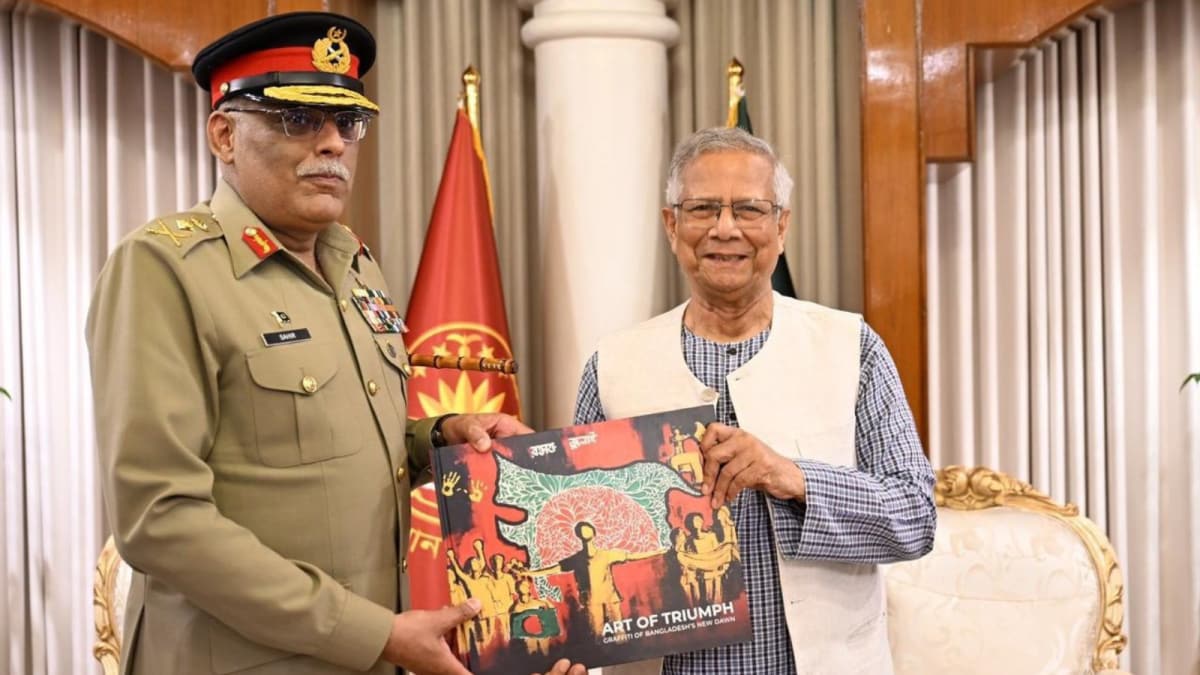)
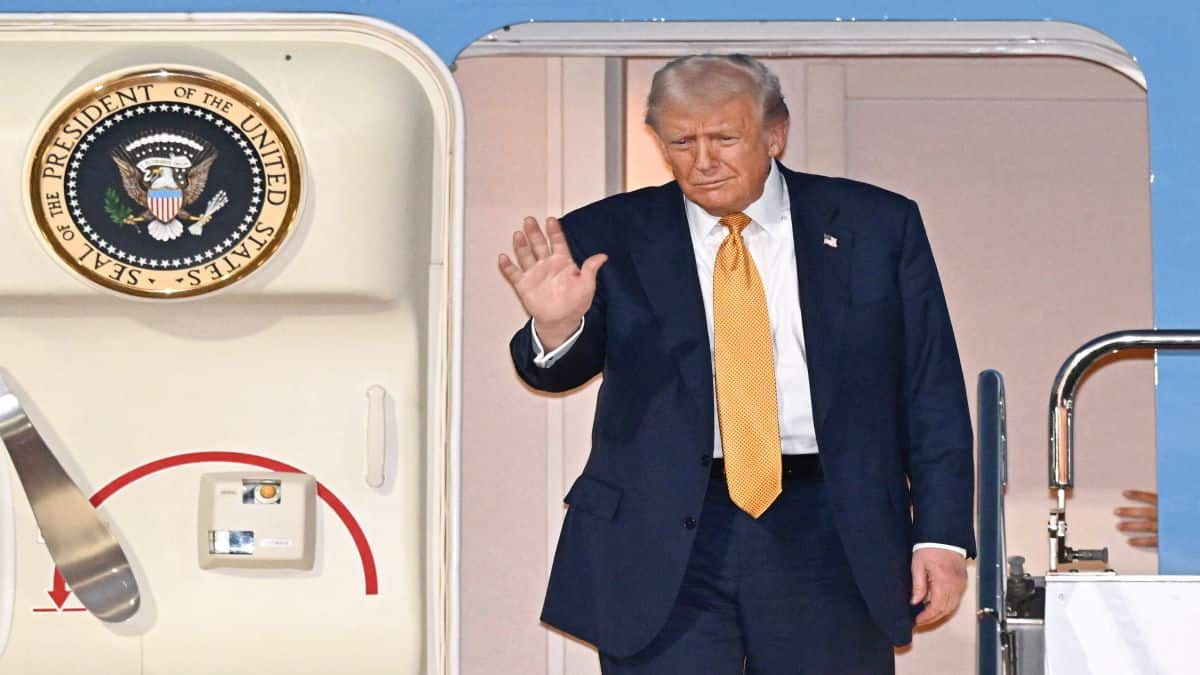
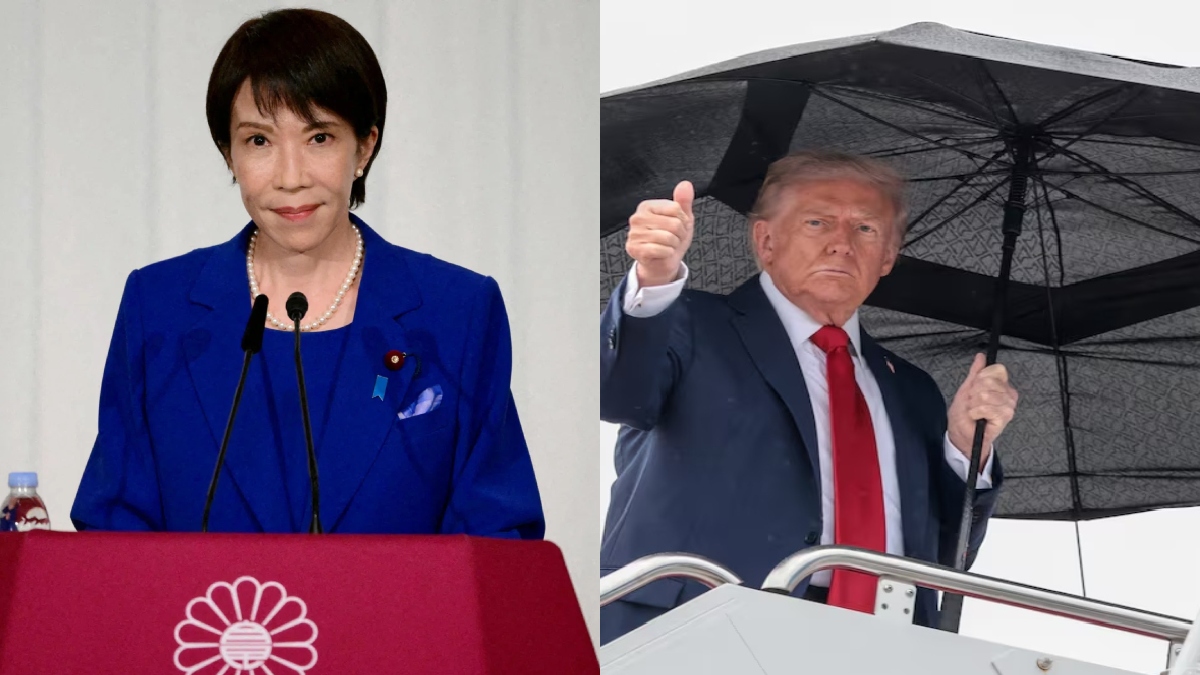)
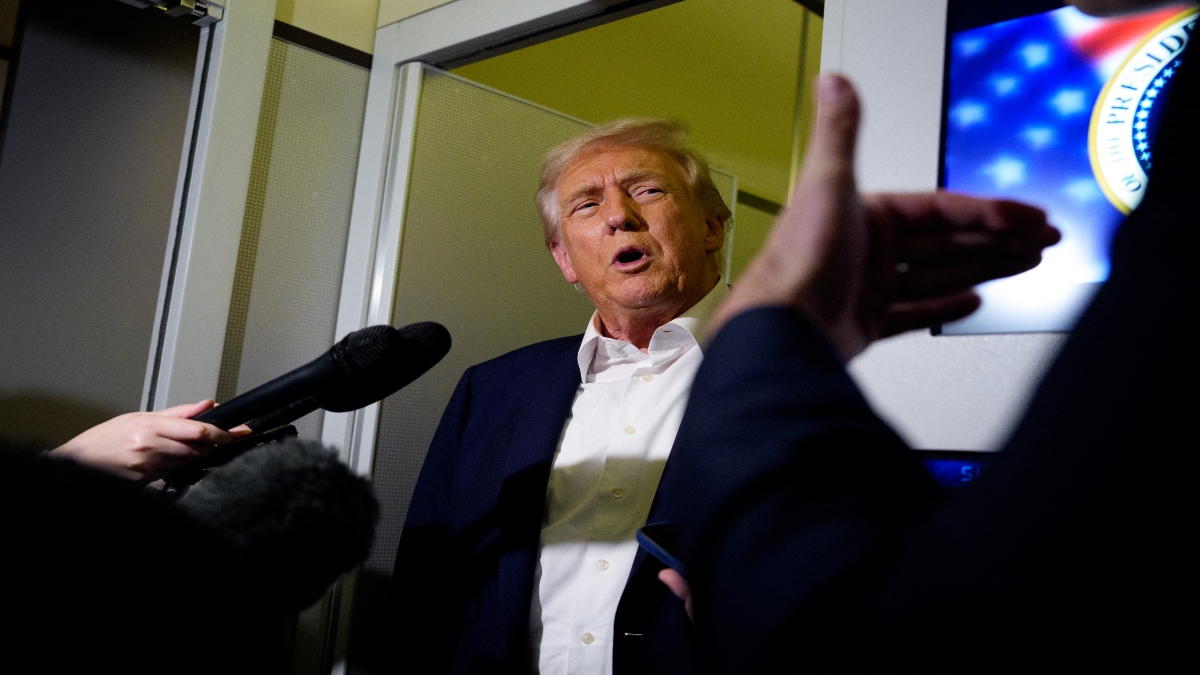)
)
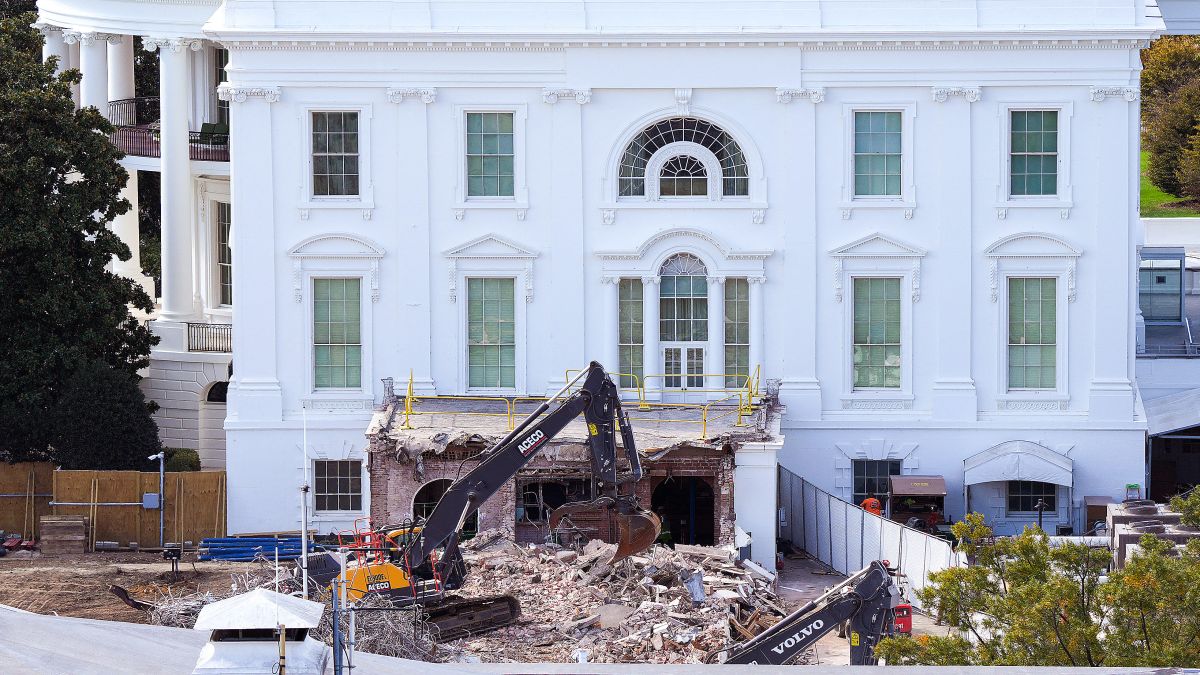)
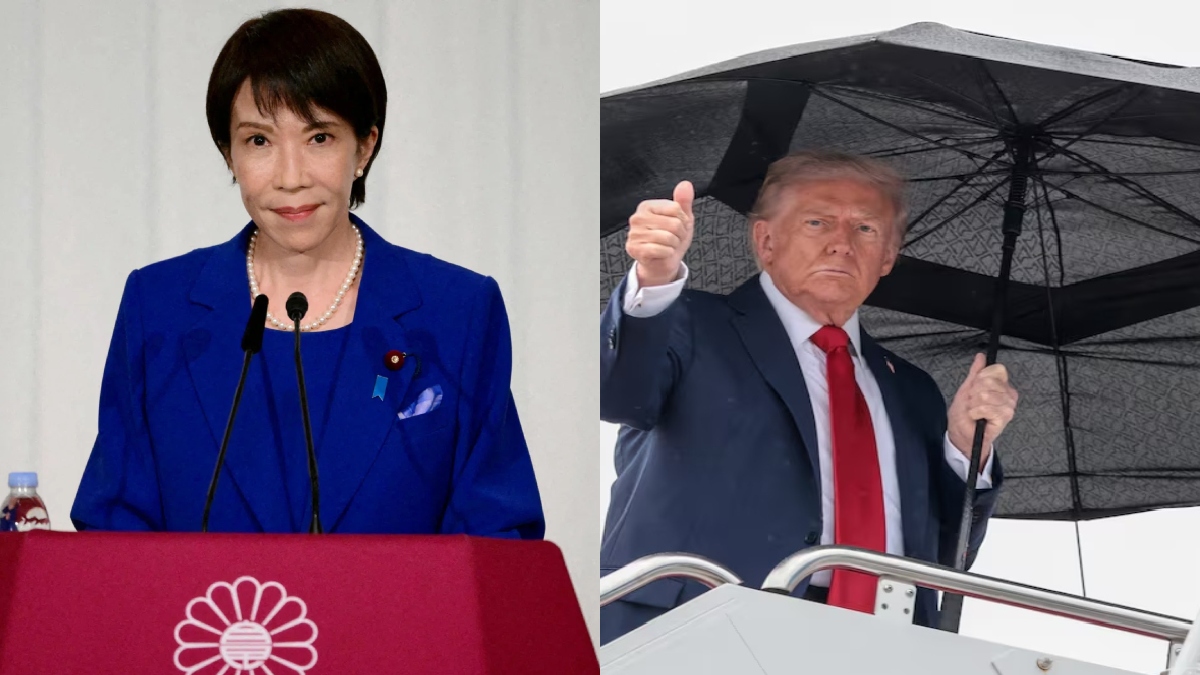)
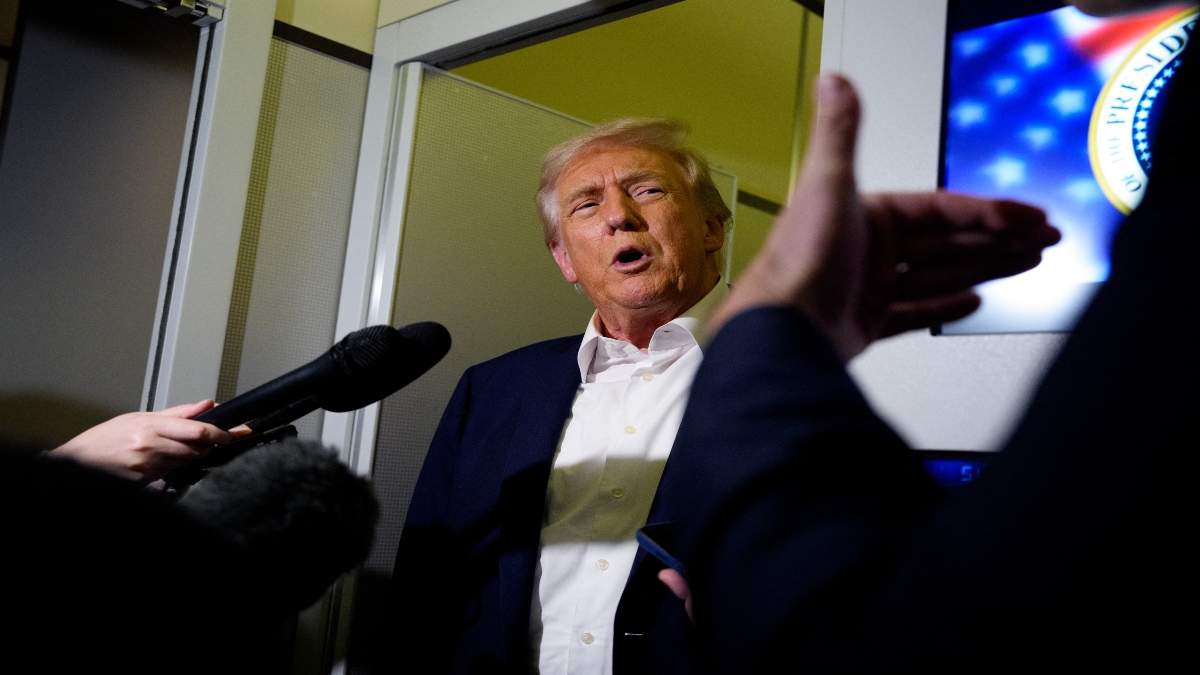)
)
)



